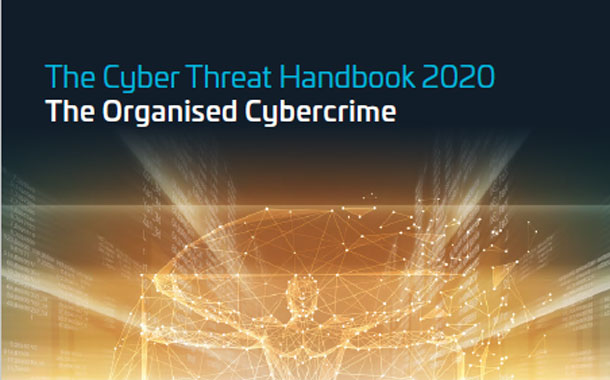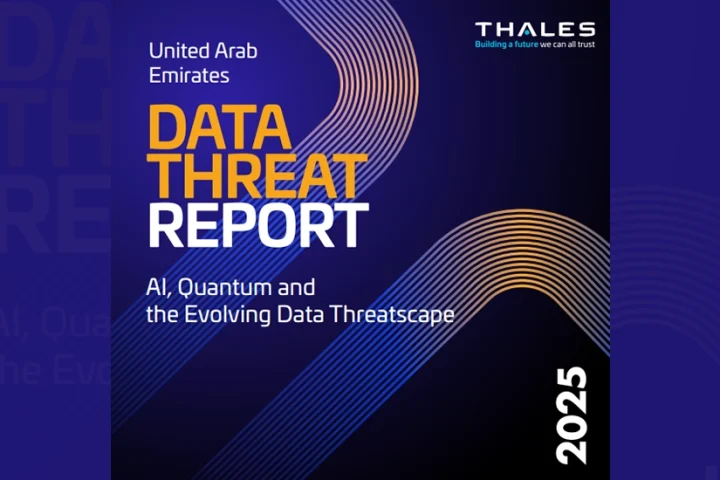Thales has unveiled its latest analysis and conclusions on cybercrime. It warns of a super-powerful network comprising of a large number of hacker groups. By interacting as a network of cybercrime groups, cybercriminals are able to function increasingly effectively: each group specialises in a particular area, and the different groups collaborate to benefit from each other’s expertise. It is this specialisation that makes cybercriminals more effective, allowing them to concentrate on a given type of attack, while drawing on know-how from within the network to enhance performance and maximise impact.
Various groups of the most technically adept cyber attackers, with highly sophisticated compromise strategies and substantial financial resources, head this well-established organisation. These are the Big Game Hunters, whose tactics, techniques and procedures and technical infrastructure are similar to certain state-sponsored hacking groups. They attack specific targets, such as political institutions and major companies, using ransomware to demand large sums.
With revenues estimated up to $1.5 trillion a year, meaning 1.5 times more income than counterfeiting, and 2.8 times more than the illegal drugs trade, cybersecurity has emerged as one the most dangerous threats today for companies, organisations and institutions. Surprisingly, 60% of these huge revenues come from illegal online markets, 30% from theft of intellectual property and trade secrets and only 0.07% from ransomware which however do the most damage.
To achieve their objectives, cybercriminals use a combination of technical expertise and the panic that they sow in companies and institutions. Panic can have a devastating impact in terms of the consequences of an attack. It is vital not to give in to threats or blackmail. Organisations and companies which are the target or victim of an attack should contact the competent authorities immediately, rather than pay a ransom straight away, file a complaint, put the servers on hibernate mode, leave the systems not-yet started off and block the use of any device or hardware.

























